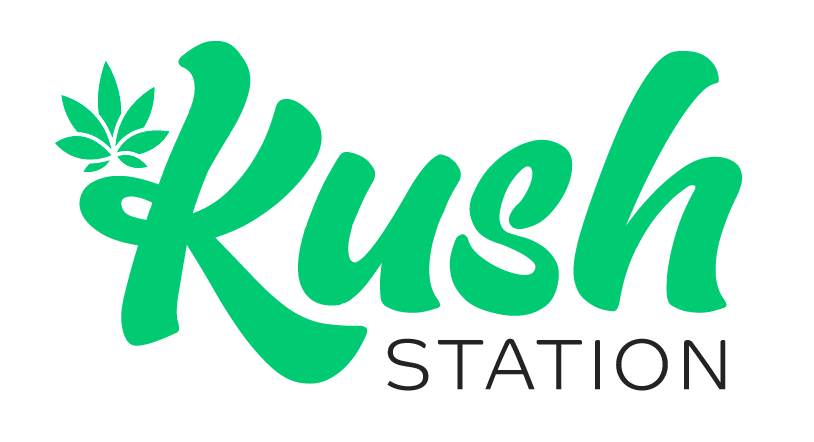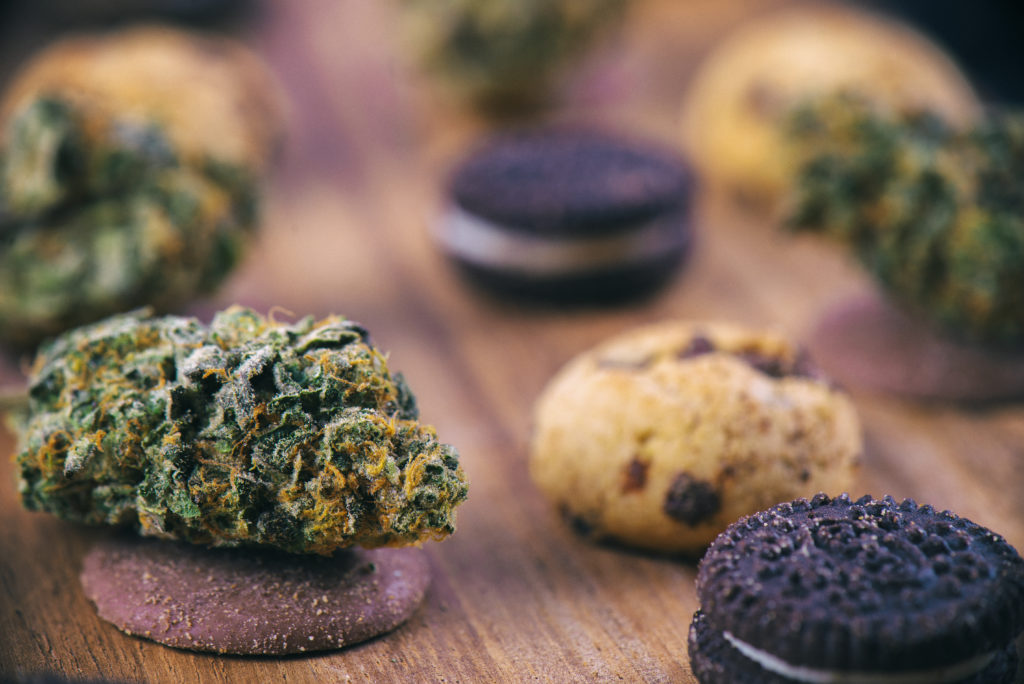Cannabis October 2019
Edible Cannabis
What are edible cannabis?
Food that is infused with cannabis extracts is known as edible cannabis. Edibles come in many forms, most commonly, they sold as baked goods, chocolates, gummies, tinctures, beverages and more.
Tetrahydrocannabinol (THC) and cannabidiol (CBD) extracted from cannabis plants by heating up the plant in an oil-based liquid. THC is contained in cannabis plants primarily in its non-psychoactive acid form, known as THCA. Moreover, the heating process of the cannabis plant is how THCA converts into THC and diffuses into the heated oil-based agent, along with other cannabinoids, like CBD.
Edibles come in different dosages of THC and CBD. THC is the psychoactive compound found in cannabis. The uplifting or “high” effects are felt when THC binds to the cannabinoid receptors in the brain. CBD does not bind well to certain cannabinoid receptors, in fact, it interferes with the activity in those cannabinoid receptors when THC is present.
Therefore, making CBD the non-intoxicating component in cannabis. CBD promotes relaxation and assists with alleviating pain in the body. Edibles can have variable amounts of THC and CBD. Some containing THC only, CBC only or a 1:1 ratio of THC and CBD.
*Check out our previous article for more information about CBD.
How do edible cannabis differ from smoking marijuana?
The effects of ingesting edibles are subjective. Firstly, edible THC and CBD is process through the liver, where the enzymes metabolized cannabinoids before entering the bloodstream. Factors such as weight, gender, tolerance and eating habits will determine how THC and CBD are metabolize in the liver. Cannabinoid is metabolize in the liver by several different Cytochrome enzymes (CYP), namely Cytochrome P450.
The amount of enzymes present in the liver will dictate the rate of metabolism of THC and CBD, or whether these cannabinoids metabolized at all, causing the effects to vary between person to person. As such, while THC may be highly effective for some, CBD may have more effect for others.
Lastly, even though the rate of metabolism is prime factor in effectiveness, it is not the merely the only factor causing the effectiveness of edibles. The effectiveness of cannabis will respond differently to different types of symptoms. Similarly it has effectiveness of certain medications towards various symptoms.
Initial effect
The initial effects of ingesting edibles can take between 30 to 90 minutes, peak effects can felt around 2 to 4 hours after ingesting the edibles. The effects of edibles released in waves as the cannabinoids process and enter the bloodstream over a 2 to 6-hour period. In comparison to smoking marijuana, after it is inhale through the lungs, THC directly enters the bloodstream. Marijuana smokers will feel the effects almost immediately and will last between 1 to 3 hours.
Dosage
There is no “one-size-fits-all” dosage recommendations as the effects of edibles vary from each individual. However, if you are a first-time cannabis user, try to start off with up to 5mg of active cannabinoids and evaluate the effects over a 24-hour period. The general daily dosage for those who are regular cannabis users is somewhere between 15-50mg.
As mentioned above, it is important to keep in mind that the dosage and effects will differ due to weight, gender, body chemistry, tolerance, eating habits. Most people will experiment with the increasing the dosage in small increments a few times with 8 to 24 hours between the trials.
This article is provide information only and is not intend as medical or legal advice.
- Mila, Kush Station

